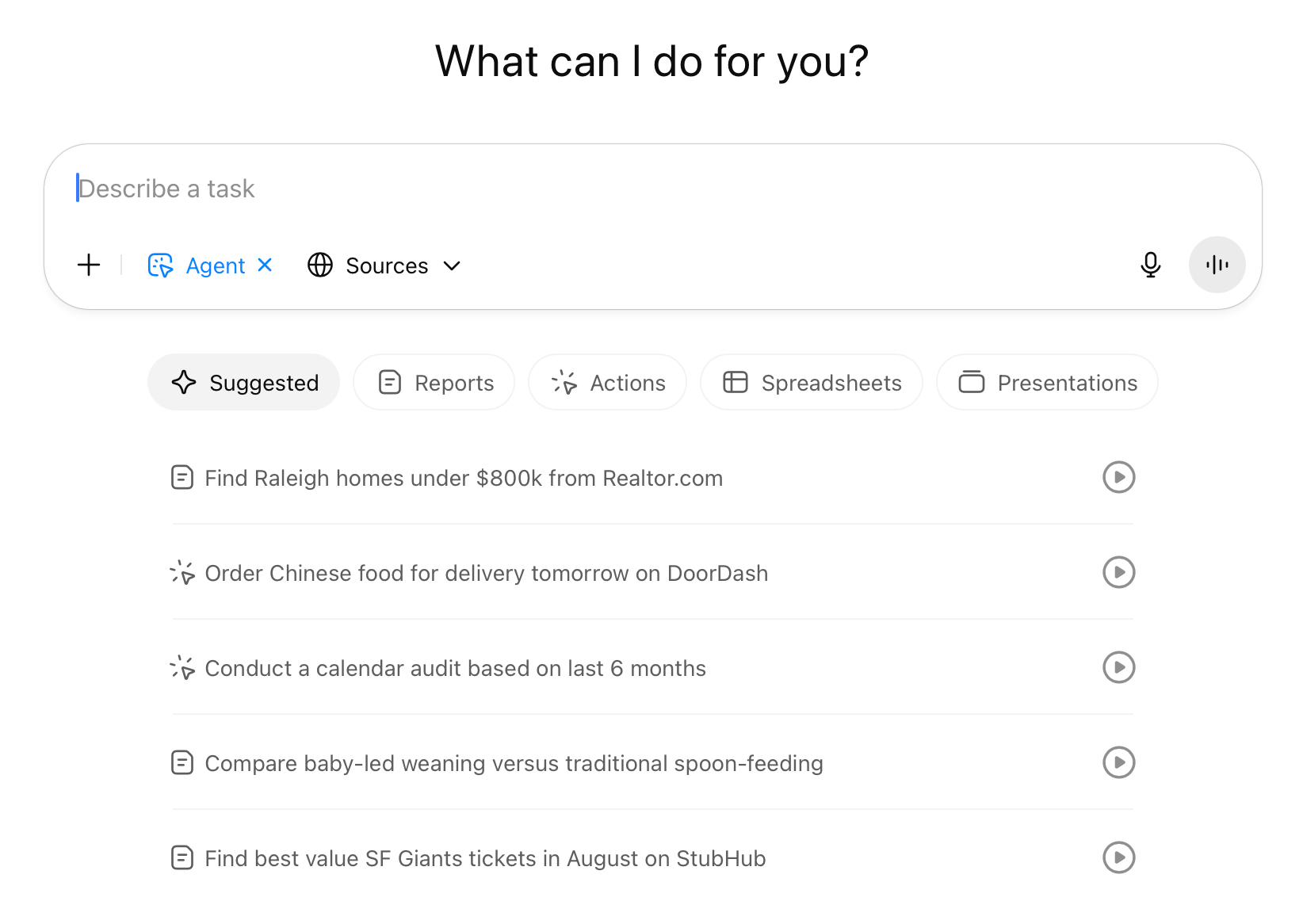- Enterprise AI Daily
- Posts
- The Most Disruptive AI Release Since GPT-3
The Most Disruptive AI Release Since GPT-3
The rollout of GPT-4’s new agentic capabilities is the biggest shift since plugins. Here’s what it means for your org, and why Kyndryl and Meta are already making moves.
Well, they finally did it.
While most of the world was busy debating Threads’ new logo and NVIDIA’s latest market cap flex, OpenAI dropped a bombshell: the first real look at their GPT-4 agent in action. No sizzle reel, no Greg Brockman keynote. Just a slow-burn blog post and a few lucky enterprise testers holding the keys to the future.
Let’s break down what this next-gen “agent” actually does, why it matters, and how others are already moving to meet the moment.
Stay up-to-date with AI
The Rundown is the most trusted AI newsletter in the world, with 1,000,000+ readers and exclusive interviews with AI leaders like Mark Zuckerberg, Demis Hassibis, Mustafa Suleyman, and more.
Their expert research team spends all day learning what’s new in AI and talking with industry experts, then distills the most important developments into one free email every morning.
Plus, complete the quiz after signing up and they’ll recommend the best AI tools, guides, and courses – tailored to your needs.
OpenAI’s Leap Forward
Why this new agent model changes the game for enterprise AI adoption
OpenAI's new ChatGPT Agent, detailed in their official release, lets GPT-4o browse the web, click buttons, upload files, and actually complete tasks inside apps. It's currently in early alpha for all ChatGPT users (Pro, Plus, and Teams!), and it works with natural language commands like:
“Download my last three bank statements and send them to my accountant.”
“Book a flight to New York on United, departing next Friday after 2 PM.”
“Pull this data, clean it in Excel, and upload it to Salesforce.”
Basically, it can do anything involving:
Opening and closing tabs
Booking meetings
Comparing prices
Clicking buttons and navigating interfaces
Executing full task flows with minimal user input

Image: OpenAI
And here’s what makes it different previous versions:
Tool-using, not tool-integrating: It uses your browser like a human: no APIs or Zapier-style connectors required.
Action memory: The agent plans steps, adjusts based on errors, and keeps track of its progress.
Secure by design: Everything runs in an isolated browser with granular permissions (you decide what it can and can’t touch).
If your company is still debating prompt libraries and RAG architectures, it's time to zoom out. The interface layer is about to disappear.
Enterprise implications:
Expect a major reshuffle of digital workflows: your service reps, schedulers, and analysts are the first roles this could impact.
Security and compliance teams must get ahead. Agents will need IAM (identity & access management) like any other user.
Procurement teams: ask vendors about agent readiness. If your SaaS can’t be used by a browser-based bot, it’s going to bottleneck automation.
The Takeaway: This is the most enterprise-disruptive release since ChatGPT plugins, and it’s barely out of beta.

Enterprise AI Daily
Botline Bling
Meta quietly poaches Apple’s AI talent
After nabbing Apple’s AI leader, Meta just hired two more senior Apple AI researchers. Meta is building out its AGI lab; expect Llama 4 to be very agent-aware.
Read more →
MindHyve debuts “AI Future Lab” for enterprise pilots
The new program invites Fortune 500 teams to co-develop agentic workflows with custom-tuned models. Early access is invite-only, but it signals increasing demand for secure agent development environments.
Read more →
Kyndryl launches agent governance tools
Kyndryl just released a new platform to track, orchestrate, and control agentic AI across enterprise environments. Think of it as Kubernetes, but for AI agents.
Read more →
TL;DR:
OpenAI is testing a GPT-4-powered web agent that can fully complete tasks, not just suggest answers.
This marks a major turning point from generative AI to autonomous task completion.
Meta and others are investing heavily in agentic infrastructure and research talent.
Enterprise AI strategies should start prepping for agent governance, integration, and observability.
Agents are here, and the companies that learn to delegate thoughtfully to digital workers will be the ones who win this new wave.
Stay sharp,
Cat Valverde
Founder, Enterprise AI Solutions
Navigating Tomorrow’s Tech Landscape Together
Your Feedback = Our FuelHow was today’s newsletter? |


